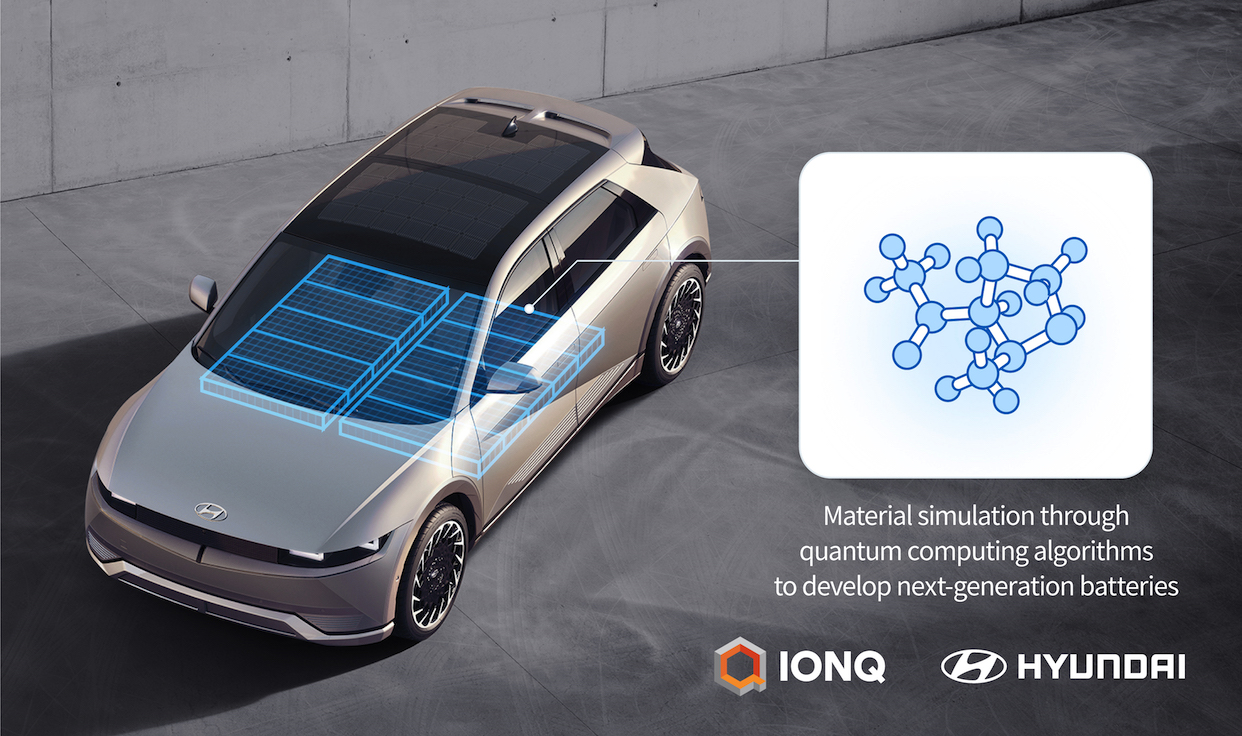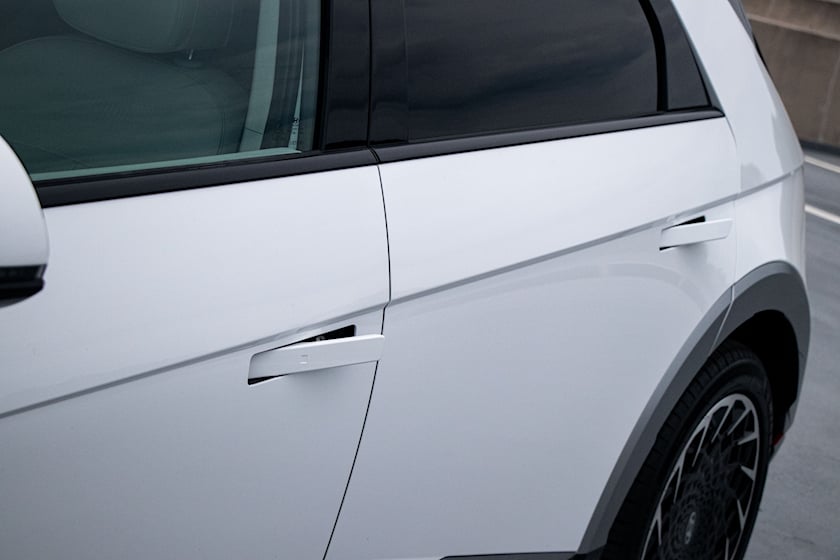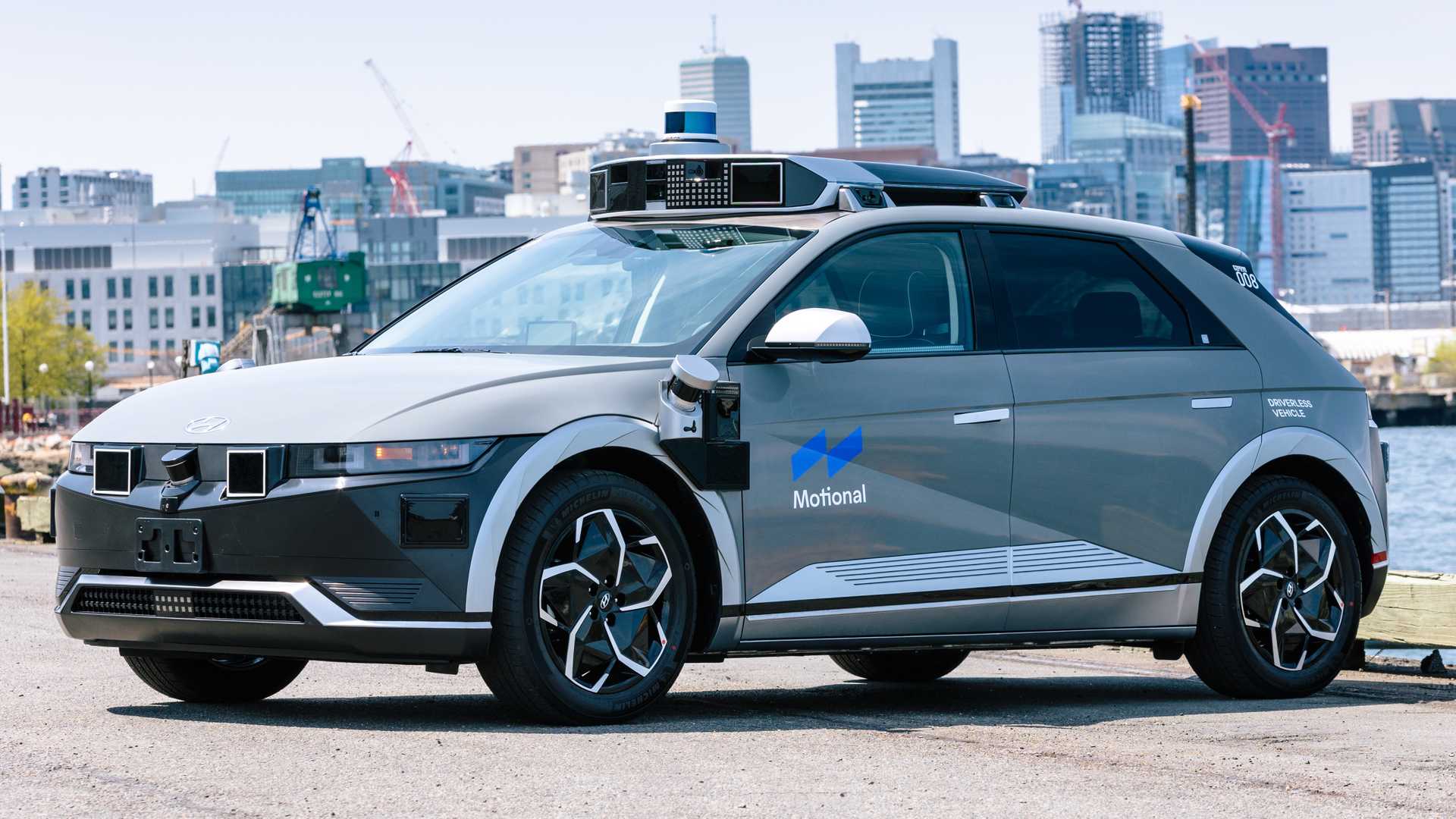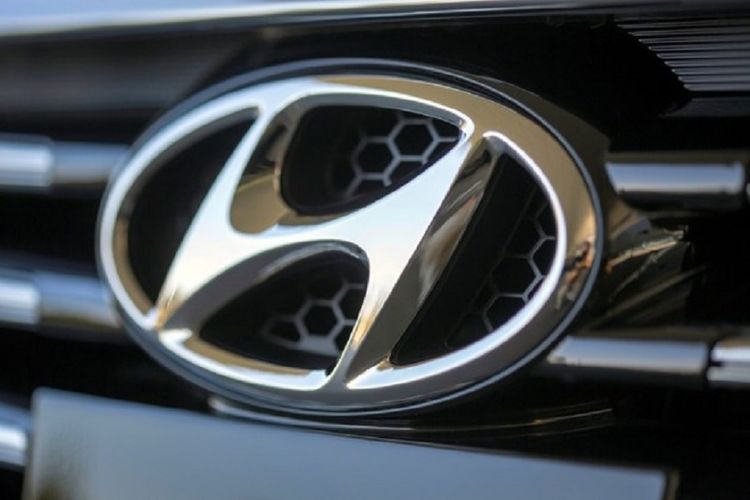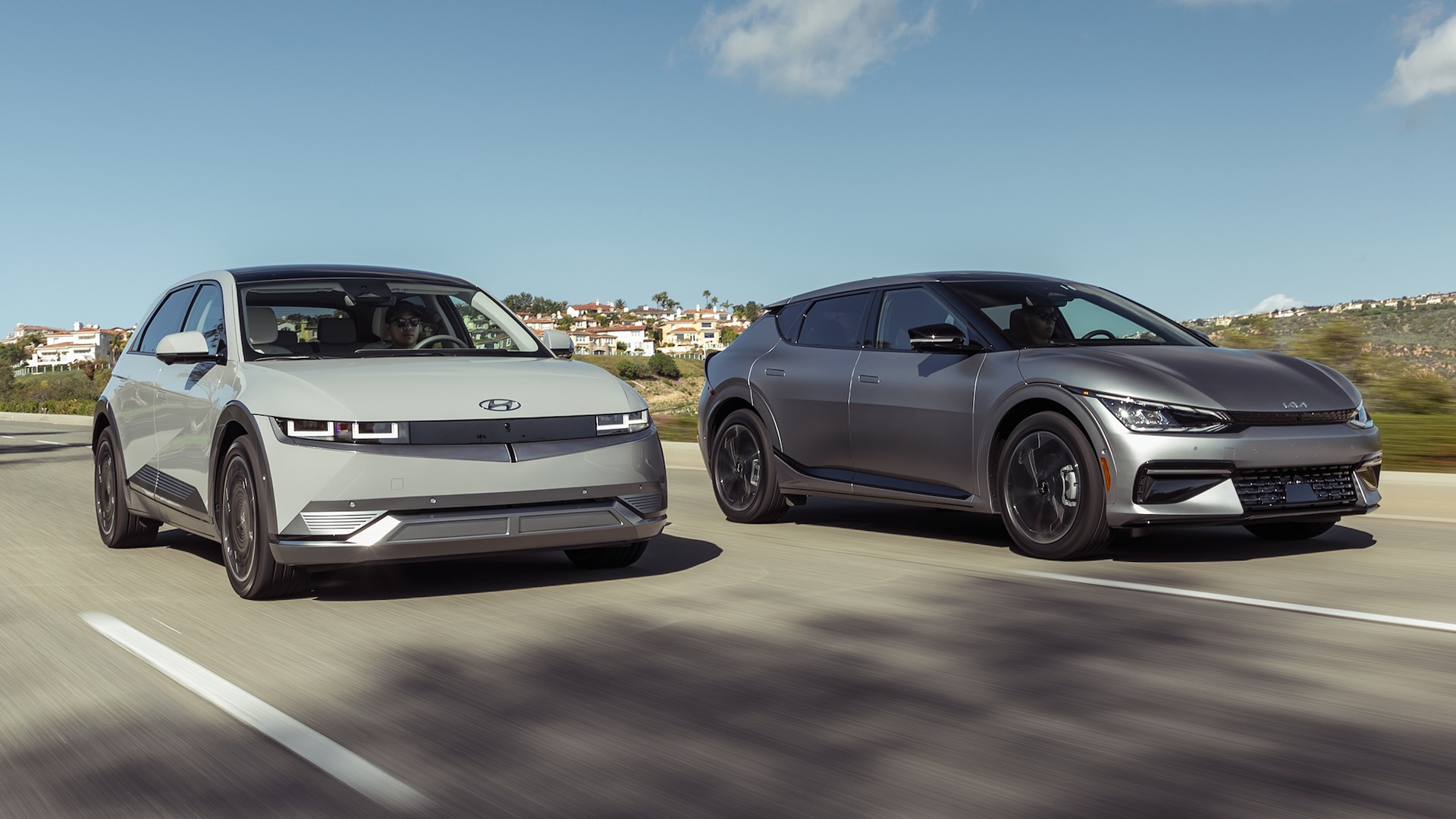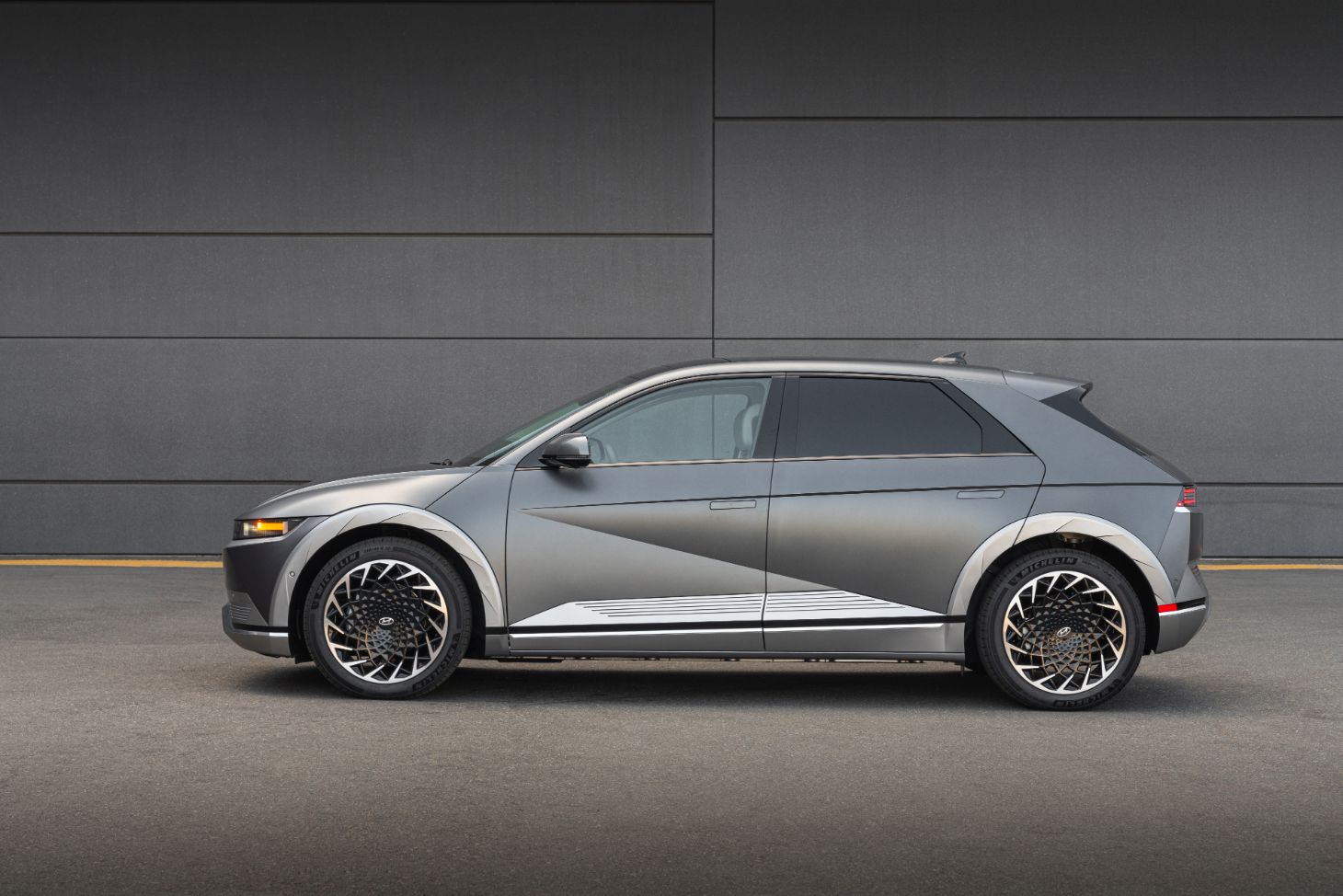Hyundai is expanding its partnership with quantum computing provider IonQ to develop autonomous driving technology using quantum computers.
The new partnership allows Hyundai to use its IonQ quantum computer to develop machine vision algorithms capable of detecting objects in 3D data from autonomous vehicles.
In addition, the new partnership will allow Hyundai to use the IonQ quantum computer to simulate the electrochemical reactions of various metal catalysts to develop more efficient and environmentally friendly electric vehicles (EV).
The two companies first announced a partnership in April with a focus on using quantum computers for object detection.
IonQ and Hyundai initially investigated using quantum machine learning techniques to image processing to detect and classify objects such as road signs.
The research between IonQ and Hyundai will look at using quantum algorithms to analyze spatial and environmental data from lidar and other sensors that will be used to improve the identification and reactions of future vehicles to objects, people and the surrounding environment.
The quantum machine learning techniques investigated by IonQ have demonstrated the potential to learn faster, be more effective at recognizing edge cases, generalize better, learn from low-resolution or noisy data, and capture complex correlations with a lower number of parameters. As a result, this technical advantage can lead to faster, safer, and more accurate decisions without requiring user input.
Hyundai and IonQ are also using quantum algorithms to study lithium compounds and their chemical reactions in batteries, which they hope will improve charge and discharge cycles, durability, capacity and safety for electric vehicles. It is hoped that the results of this research can be used to explore new metal catalyst chemical reactions for future vehicles. This could result in a higher performing EV at a lower cost.
Hyundai cooperating with IonQ to produce EV batteries using quantum computing

